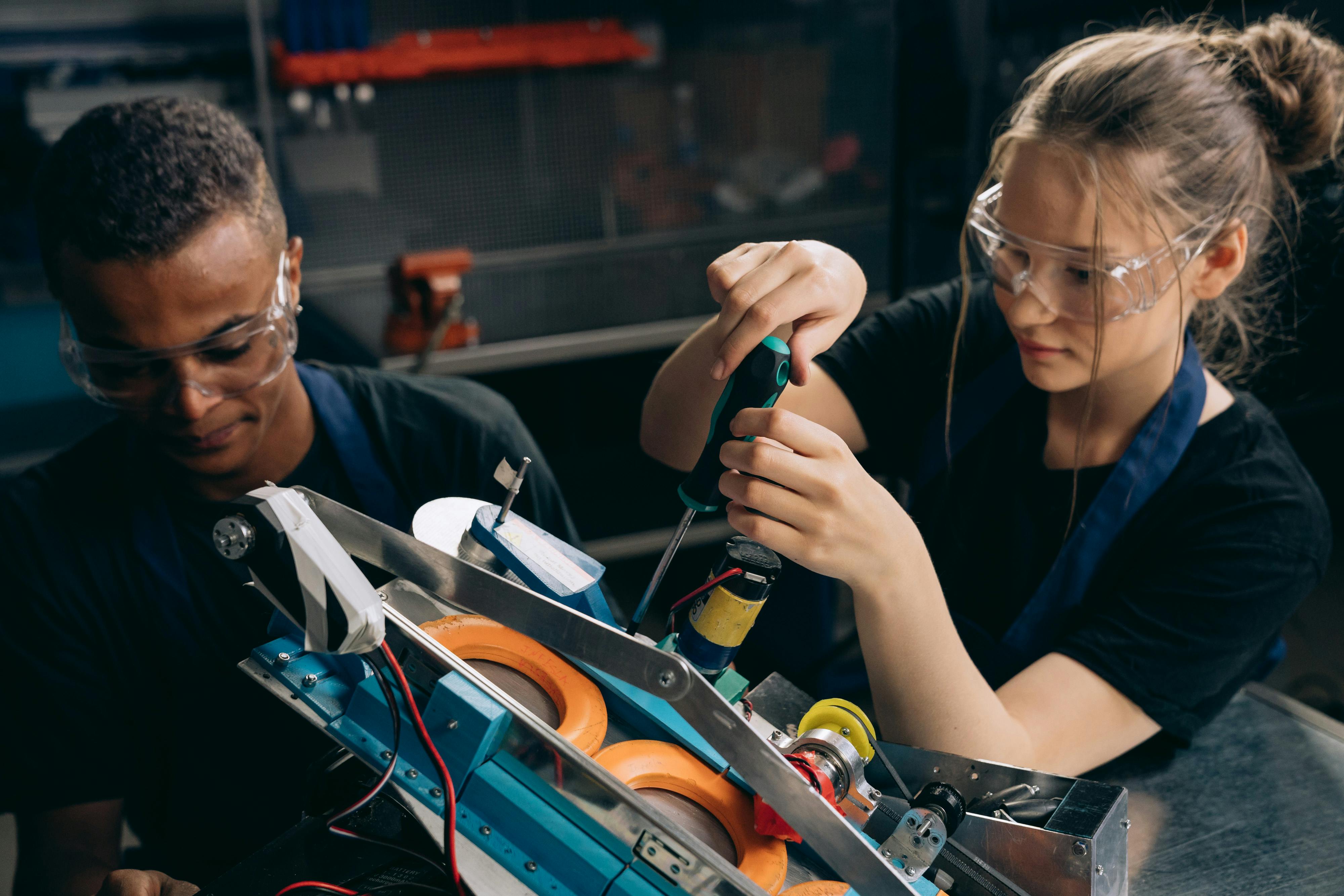The year 2025 marks a pivotal moment in the AI revolution, as artificial intelligence reshapes industries, businesses, and everyday life. From advanced natural language processing and predictive analytics to autonomous systems and AI-driven decision-making, organizations are harnessing AI to improve efficiency, reduce costs, and create new revenue streams. The convergence of AI with cloud computing, IoT, and edge technologies is enabling innovation at an unprecedented scale.
In the business sector, AI is transforming operations across industries. Retail companies employ AI-powered recommendation engines to personalize shopping experiences, optimize inventory, and streamline logistics. Financial institutions leverage machine learning models for fraud detection, risk assessment, and algorithmic trading. Healthcare providers implement AI-assisted diagnostics, predictive modeling, and virtual health assistants, improving patient outcomes and operational efficiency.
Autonomous systems are gaining traction in transportation, logistics, and manufacturing. Self-driving vehicles, drones, and robotic delivery solutions are revolutionizing how goods and people move. Factories implement AI-driven production lines, predictive maintenance, and quality assurance tools to enhance productivity and reduce downtime. The integration of AI with robotics is transforming labor-intensive tasks, enabling companies to scale operations with precision and agility.
Consumer applications of AI continue to expand rapidly. Smart home devices, AI assistants, and personalized recommendation platforms provide convenience, security, and entertainment. AI algorithms analyze user behavior to deliver tailored content, enhance online experiences, and predict preferences. Virtual reality, augmented reality, and AI-enhanced gaming experiences are also shaping entertainment, education, and social interaction in unprecedented ways.
Ethical considerations and regulations are central to the AI discussion in 2025. Concerns about data privacy, algorithmic bias, and accountability have prompted governments and organizations to establish guidelines for responsible AI use. International bodies and standard-setting organizations work collaboratively to ensure transparency, fairness, and safety in AI deployment, fostering public trust and adoption.
The economic impact of AI is substantial. Analysts predict trillions of dollars in added value globally, driven by efficiency gains, new products, and innovative business models. AI adoption creates new job categories in data science, machine learning, and AI system management while displacing repetitive or routine tasks. Workforce reskilling initiatives are critical to ensuring that employees can transition to higher-value roles in AI-enabled economies.
AI-powered cybersecurity is another key development. Organizations deploy machine learning algorithms to detect anomalies, predict potential breaches, and automate incident response. As cyber threats evolve, AI enables rapid adaptation, improving resilience and reducing potential financial and reputational losses. This intersection of AI and security is essential for protecting critical infrastructure, sensitive data, and digital ecosystems.
Global AI competition is intensifying. Countries such as the United States, China, and members of the European Union are investing heavily in AI research, talent development, and infrastructure. Strategic collaborations between governments, academia, and industry are accelerating AI innovation while also addressing ethical, regulatory, and social implications. Leadership in AI is increasingly viewed as a strategic asset that influences economic power, national security, and global influence.
Education and training play a central role in AI adoption. Universities and vocational institutions are expanding programs in machine learning, data science, and AI ethics. Public-private partnerships facilitate access to AI tools, knowledge sharing, and workforce development. By equipping professionals with the skills to implement and manage AI systems responsibly, nations ensure sustainable and inclusive AI growth.
Looking ahead, AI in 2025 and beyond will continue to reshape human interaction, business strategies, and societal infrastructure. Organizations that integrate AI effectively, while adhering to ethical standards and regulatory requirements, are positioned to lead in innovation, efficiency, and competitiveness. The convergence of AI with emerging technologies will drive economic growth, societal progress, and global technological leadership for decades to come.
FAQs
What industries are most impacted by AI in 2025?
Healthcare, finance, manufacturing, logistics, retail, and entertainment are key sectors.
How is AI changing consumer experiences?
Through personalization, smart devices, predictive recommendations, and enhanced entertainment and education platforms.
What are the main ethical concerns with AI?
Data privacy, algorithmic bias, accountability, and transparency are central considerations.
How does AI contribute to cybersecurity?
It detects anomalies, predicts breaches, automates responses, and enhances resilience against evolving threats.
What is the economic impact of AI adoption?
AI drives trillions in added value, creates new job categories, enhances productivity, and fosters innovative business models.
Conclusion
The AI revolution in 2025 is transforming technology, business, and daily life. By integrating AI across industries, organizations improve efficiency, innovation, and decision-making while creating new opportunities for growth and societal benefit. Ethical practices, workforce development, and international collaboration are key to sustainable adoption. As AI continues to evolve, its influence will expand, shaping economies, technologies, and societies worldwide for generations to come.













